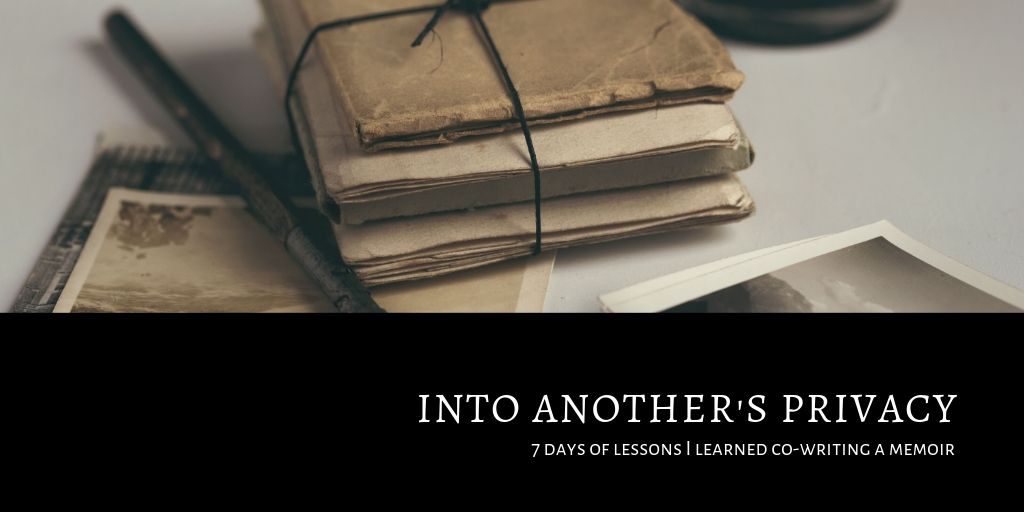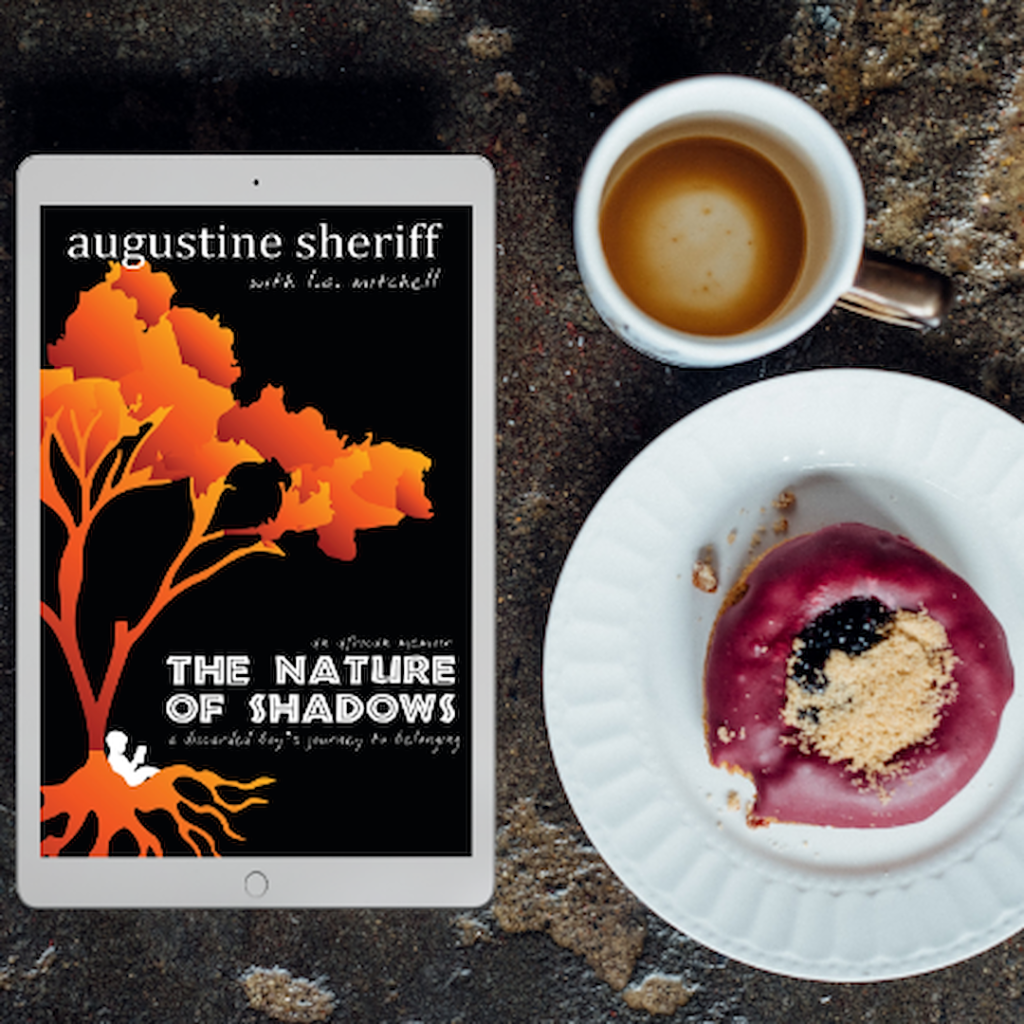
One of my greatest personal challenges with co-writing the memoir THE NATURE OF SHADOWS was a total ignorance about the subject matter. I was coming at Augustine’s life with all the preconceptions and bias and indifference that his target audience would bring to the page. In the book’s introduction, Augustine addresses some of those cultural blind spots. They were my blind spots. He meets them head-on, like a literary throat clearing, as if to say: I know you don’t think of Liberia, but here is what you probably think about it if it does cross your mind. His candidness allows readers to take those first few emotional steps of investment without feeling ashamed of all they don’t know. The map in the book’s pre-matter was his idea. He didn’t want Liberia to be some place in the reader’s mind. He wanted Liberia to be a specific place.

As writers, we know specificity is the key to reader immersion. It’s counter-intuitive, really. We want our settings to appeal to all, to be universal, but by using general and inclusive language, the narrative appeals to no one. Specificity resonates. Specificity allows the reader to lean into the writer, as if to say: I believe you. I trust you as an authority on the subject. Now take me somewhere I’ve never been.
From Chapter Four:
“Those early days were filled with Mano and Vai and Bassa dialects and the common house-language of English. I understood none of it because my native tongue was Mende. My father had spoken Mende to me on our journey but left our common language at the border like a discarded shoe that no longer fit him. I found Mano to be swift and abrasive, prime for winning arguments. Bassa was flat and slurred and lazy, while the Vai dialect packaged words into tidy bundles. Kinnie’s Vai resonated at a low frequency—monotone, peaceful. I wanted her to be my mother because of her tone and cadence, but my father had made it clear the first night that she was not to be my mother.” --THE NATURE OF SHADOWS
And Chapter Twenty:
“The medicine man entered the room. He was naked but for a white cloth at his waist and a carved, wooden lion head and fang suspended from a cord around his neck. His gray hair was untamed; his teeth were like nuts that had sprouted from a decaying earth. He carried a small aluminum cup and the tail of an animal—a rabbit or some other small mammal—charred to grizzle where it had been severed. Where the two met, inside his gibberish chants and wild gesticulations as if he was fending off a swarm of bees, was his potion that appeared nothing more than soiled water and smelled of rotten oranges. And as if the spraying of the room’s four corners and my brother’s body hadn’t been sufficient, the herbalist tipped Sheriff’s lips to the bowl and poured the remainder of his potion down his gullet.” --THE NATURE OF SHADOWS
No amount of research could show me what it was like to be inside a hovel made from dirt with a medicine man. I trusted Augustine to take me somewhere I had never been. And boy, did he deliver. Bringing remote Africa to a Westernized audience was a steep hill to climb. Some of our discussions were a hyper-specific Q&A. Oddly enough, I remember a lengthy back and forth about the animal part hanging from the medicine man’s neck. Pretty sure I pictured everything from a wild boar incisor to those dyed rabbit’s foot keychains that were around when I was a kid (which, by the way, ew. Why were those a thing?) Such a crazy-specific discussion about the animal part and a thousand other details about life in the remote villages of Liberia was fascinating and tedious and necessary.
Specificity resonates. In fiction. In memoir. In all writing.
Day Five: Getting Past the Veneer of Narcissism
Reader? Join my newsletter for exclusive content, giveaways, ARCs, shared playlists, and other fun.
Writer? Join my newsletter for coaching/editing/writing tips, priority booking, and insider discounts on services.
[…] Day Four: Specificity […]